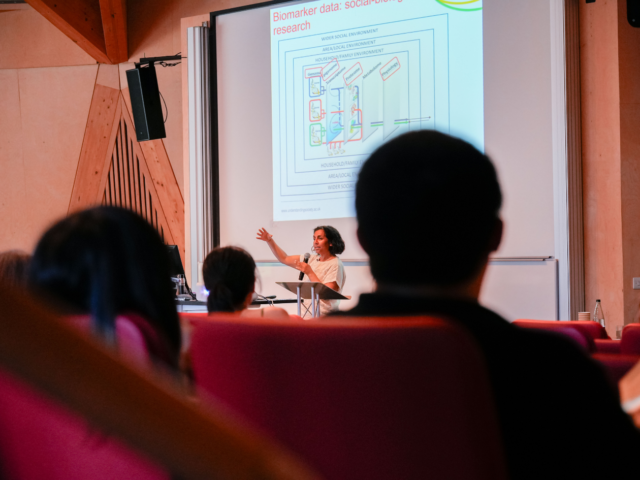The study was carried out by researchers from the Max Planck Institute for Demographic Research (MPIDR) and Tilburg University using Understanding Society data.
The research compared data from Germany and the UK and found that single mothers often experience poorer mental health and lower life satisfaction due to increased stress, financial insecurity, and limited social support. However, the research also revealed that entering a new partnership can significantly enhance life satisfaction, particularly through improved financial resources.
The study focused on single mothers who entered new partnerships and lived with their partner and children in the same household.
Financial relief as a key factor
The findings indicate that the presence of a new partner can lead to increased life satisfaction, primarily due to the financial relief provided by a dual-income household. This effect was observed in both Germany and the UK, although the benefits were more pronounced in Germany, where state support for single mothers is more robust.
“Our data shows that financial resources, along with emotional support, play a significant role in improving single mothers’ perceptions of their situations,” said Philipp Dierker, a lead researcher on the study. However, the study also noted that while financial stability improves, the division of household chores remains unchanged or even increases for single mothers after entering a new partnership.
Long-term partnerships offer greater stability
The research further highlighted that single mothers who maintained long-term partnerships reported higher levels of life satisfaction compared to those who frequently changed partners. In Germany, the decline in life satisfaction was less pronounced for mothers who separated or changed partners within five years, compared to their UK counterparts. The study attributes this difference to the varying levels of state support and the higher costs associated with raising children in the UK.
Despite the financial advantages of new partnerships, the study emphasises the need for greater institutional support for single mothers. “Additional financial resources are currently the main factor contributing to the increased life satisfaction after a new partnership. However, single parents need much more institutional support, such as reliable childcare and opportunities for gainful employment, to achieve true financial independence,” Dierker concluded.
Read the original research: Philipp Dierker, Mine Kühn, Mikko Myrskylä: Re-partnering and single mothers’ mental health and life satisfaction trajectories in Journal of Marriage and Family (2024). https://onlinelibrary.wiley.com/doi/10.1111/jomf.13015
Family and householdsHealth and wellbeingIncome and expenditureMoney and finances



